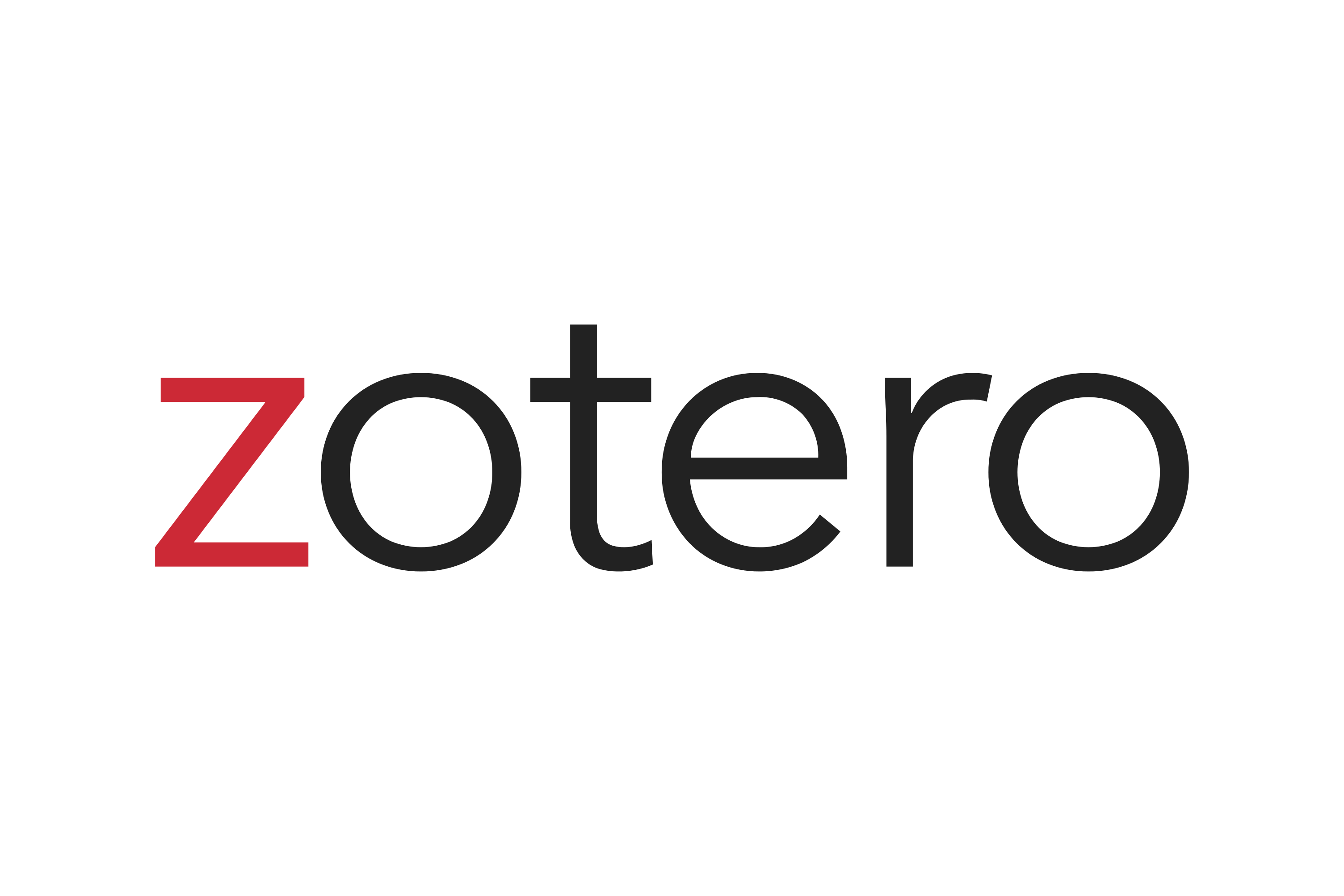Publication Etichs
Publication Ethics Guidelines
FiTUA: Jurnal Studi Islam is a national journal that has undergone a peer-review process, available in both print and online formats, and published twice a year. This statement outlines the ethical standards that must be adhered to by all parties involved in the journal's publication process, including authors, the editor-in-chief, the editorial board, peer reviewers, and the publisher, STIT Sunan Giri Bima. These guidelines refer to the Committee on Publication Ethics (COPE) Code of Conduct for Journal Editors as the best practice standard in scientific publishing.
Journal Publication Ethics
The publication of an article in FiTUA: Jurnal Studi Islam, which has undergone a peer-review process, is a vital part of developing scientific knowledge. It reflects the quality of the authors' research and the credibility of the institutions that support them. Therefore, all parties involved in the publication process are expected to comply with academic ethical standards, including authors, editors, peer reviewers, publishers, and the academic community.
As a publisher, STIT Sunan Giri Bima is responsible for all stages of publication while maintaining academic integrity and publication ethics. We are committed to ensuring that external factors such as advertisements, reprints, or other commercial interests do not influence editorial decisions. Additionally, the publisher and the Editorial Board will establish communication with other journals or publishers when necessary.
Editorial Responsibilities
Publication Decisions
The editor of FiTUA: Jurnal Studi Islam is responsible for determining which articles should be published based on the validity of the research and its contribution to knowledge. These decisions must consider the editorial board’s policies and comply with legal provisions regarding defamation, copyright infringement, and plagiarism. If necessary, the editor may consult peer reviewers or other editors.
Fair Play
The editor evaluates every manuscript based on its intellectual quality, regardless of the authors' race, gender, sexual orientation, religious beliefs, ethnicity, nationality, or political views.
Confidentiality
The editor and editorial staff must not disclose any information about a submitted manuscript to anyone other than the corresponding author, peer reviewers, potential peer reviewers, editorial board members, and the publisher.
Disclosure and Conflict of Interest
Editors must not use unpublished material from submitted manuscripts for personal research without the author's written consent.
Responsibilities of Peer Reviewers
Contribution to Editorial Decisions
Peer reviewers assist the editor in making editorial decisions and provide constructive feedback to authors to improve the quality of their manuscripts.
Timeliness
If a reviewer feels unqualified to review a manuscript or is unable to complete the review on time, they must immediately notify the editor and withdraw from the review process.
Confidentiality
Manuscripts received for review must be treated as confidential documents and must not be discussed with others without the editor's permission.
Standards of Objectivity
Reviews must be conducted objectively. Personal criticism of the author is not permitted. Reviewers must present their opinions clearly, supported by logical arguments.
Acknowledgment of Sources
Reviewers must identify relevant references that have not been cited by the authors. If they find substantial similarities or overlaps with other works, they must inform the editor.
Disclosure and Conflict of Interest
Information obtained during the peer-review process must be kept confidential and not used for personal gain. Reviewers must not review manuscripts in which they have conflicts of interest, whether competitive, collaborative, or institutional affiliations.
Responsibilities of Authors
Reporting Standards
Authors must provide accurate and objective research reports, including valid data. The manuscript should contain sufficient detail and references to allow replication by other researchers. Misleading or inaccurate statements constitute a violation of academic ethics.
Originality and Plagiarism
Authors must ensure that their submitted work is entirely original. If they use others' works or quotations, proper citations must be included.
Multiple, Redundant, or Concurrent Publication
Authors must not submit the same manuscript to more than one journal simultaneously. Duplicate or redundant publication is considered unethical.
Acknowledgment of Sources
Authors must give proper acknowledgment to other works that form the basis of their research by citing relevant references.
Authorship and Contributors
Authorship should be limited to those who have made significant contributions to the conception, design, execution, or interpretation of the research.
- All individuals who contributed significantly must be listed as co-authors.
- Individuals who contributed to specific aspects but not significantly enough for authorship should be acknowledged as contributors.
- The corresponding author must ensure that all co-authors have reviewed and approved the final version of the article before submission.
Disclosure and Conflict of Interest
All authors must disclose potential conflicts of interest, whether financial or non-financial, that could influence the research results or interpretations. All sources of funding must be clearly stated.
Errors in Published Works
If authors discover significant errors or inaccuracies in their published work, they must promptly notify the journal editor to correct or retract the article.






